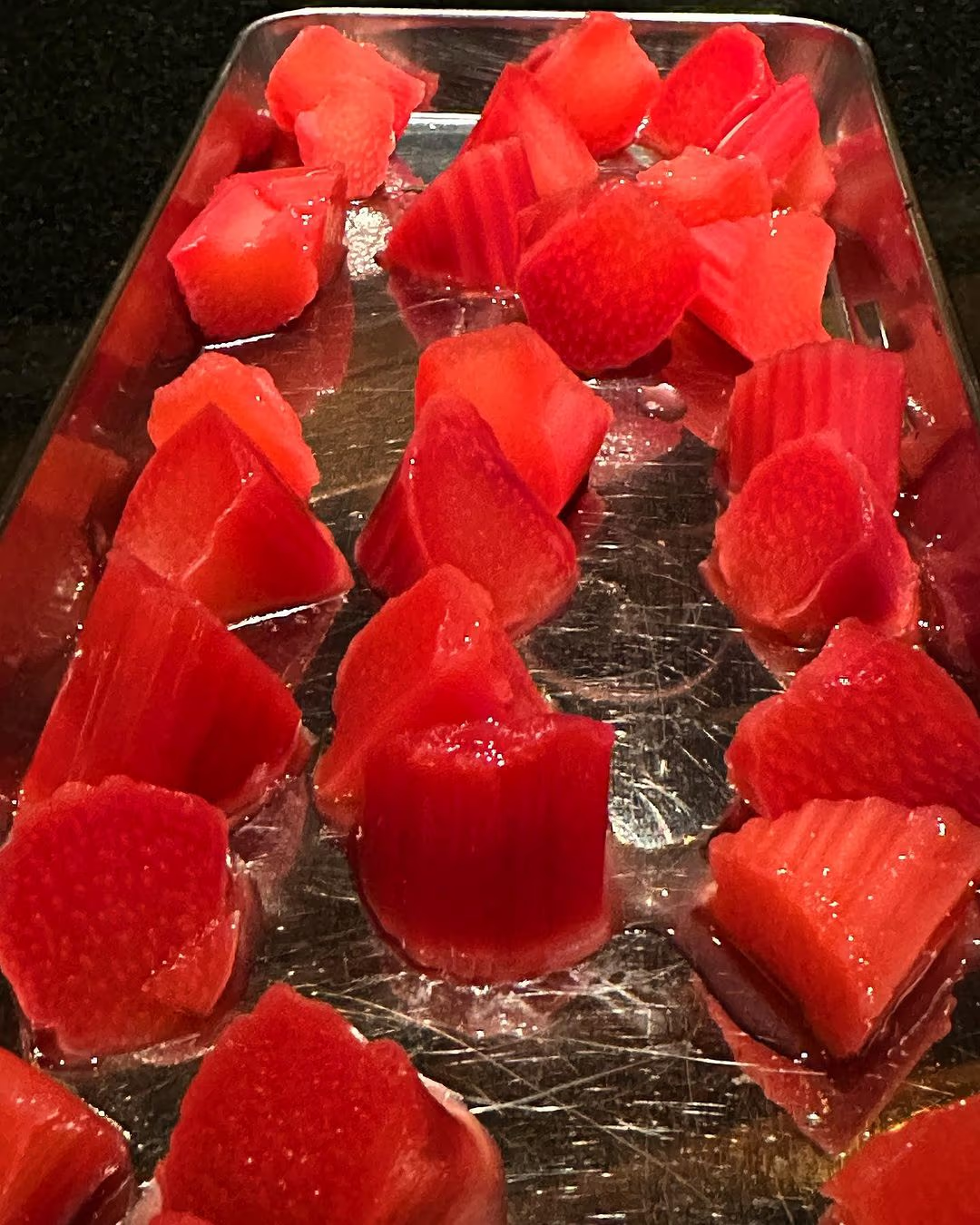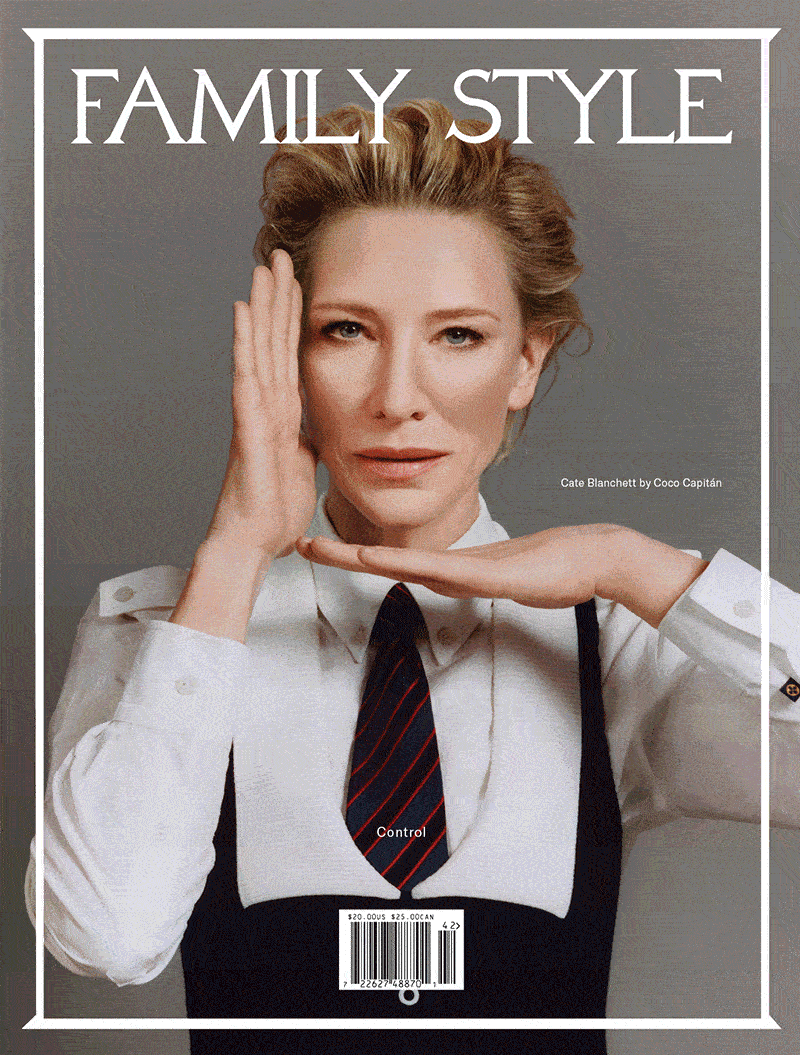I was coming up on drugs in the back of an Uber, appraising the sensation of an egg being cracked atop my head and dripping down my body, when a friend played this song. A woman’s voice, clear as a river, poured through the car speakers. Punctuating her chorus was the whistle of a pan flute. It was melancholy and ethereal, a dive through the frigid neon night into the cosmos. Then we arrived at our destination and I shuffled out in my winter puffer like a hippo.
Months later. I watched the trailer of a Swedish film Paradiset brinner (“Paradise is Burning”). I watched it over and over again. I sent it to my friends and teammates, watched every single cut to absorb the subtly different facets of emotionality. The scenes are abstract. But from what I could surmise: three sisters, a barely teen and two younger, living lawlessly. Physical fights in the school yard, pool parties, coughing on a blunt, chugging wine, robbing a supermarket. Some moments allude to the outside world: A call from social services, or, “Have you talked to mom lately?” One version builds to a breaking point: “You always leave, so leave!” screams the younger. “I’d do anything for you two!” screams back the older. “Would you?!” the younger shrieks. Another version goes tender: “I’m a bad person,” the older murmurs. “You’re my favorite person,” the younger replies. Bug-eyed, I’d play it again, welling with tears.
The realization came later: The song in the trailer, faintly pulsing between dialogue, was the original track sampled in what I’d heard months before. These notes had stirred the synapses without fully waking them, used old neural pathways to build an entirely new web. And greater it grew. I was in London at this point, exactly one year since my last visit and tenderly taking stock of everything I had lost and gained in between. The song became the soundtrack of hunger itself—the expansion and compression of life’s craving, aching belly.
I’d walk endlessly to the track on loop. Endlessly, endlessly. Passing old homes, some stately, some derelict, leafy overgrown squares, sartorial gentlemen, swaggering youth. And when the sun would slant a certain way, the chorus aligning just so—I would feel without sadness, fear, or pain. This, I believe, was a sort of divinity. A most delicious flow state.
The anecdote invokes temporality. Is a delicacy the result of a certain butterfly effect, an inimitable confluence? Would you have loved it this much, savored it so—had not drugs, nor chance, nor loss, nor love, sparked this fleeting alchemy? Here’s what 10 others had to say on the matter.
Jean-Pierre Villafañe
“Delicacy is often a fleeting moment—a whisper of a sensation that vanishes before we fully grasp it. For me, it’s distilled in the rich, buttery caress of fine oil pigments. These pigments, much like a truffle or an aged wine, are the ultimate indulgence for the senses. They're a feast for the eyes and the soul. They glide across the canvas, layering flavors of color and texture that dance between figuration and abstraction. In the act of painting, these pigments are my medium of excess, where the boundaries between desire and restraint blur. It’s an artful indulgence, a way to consume without consumption, savoring every brushstroke as if it were the last bite of a sumptuous feast.”
Richard Christiansen
“There is a small town on the north side of Mount Everest named Namche Bazaar. It’s a ramshackle place that appears after a steep climb. The town lovingly hugs the mountain at 11,286 ft, popular with climbers for altitude acclimatization. It’s the gateway to the high Himalayas and the trading center for the villagers who live a life above the world. We arrived at the end of a long day, after a storm, wet and tired. The air was thin and crisp like paper. The next morning, I smelled the aroma of fresh, warm croissants from my sleeping bag. It was confusing to me, high in the frost of Nepal. Until that point I had been living on dehydrated food and water. I followed my nose to the Namche bakery, discovering a family up at sunrise to bake chocolate croissants. They remain the best chocolate croissants I’ve ever tasted. Hot and crunchy, with a velvet chocolate filling. It was a profound delicacy, in the most unlikely place on earth.”
Tatjana Von Stein
“It is a rare gift, one that pauses a moment with silence. It’s a shared experience of the exceptional.”
Jungsik Yim
“As a Korean, the first thing that came to my mind is gukbap (“soup rice”). The best gukbaps in Korea are often very affordable—under $10. Not only does it fill your stomach, it’s also a remedy for curing a cold or hangover. After having drinks with friends, I always end the night with gukbap. Because I grew up in this culture, I never realized how special it was until I lived in the States. My favorite type is gomtang, beef based gukbap.”
Glenn Pushelberg
“Sharing an ocean view, the smell of the sea breeze, listening to birds with a mix of old and new friends over a beautifully cooked meal. During a visit to Tokyo, we serendipitously discovered a gallery featuring Yoshitomo Nara's work. The joy we felt from his art was overwhelming, and we knew these paintings had to be part of our lives. Now, 30 years later, we are sharing these works at the Guggenheim Bilbao for his retrospective. To us, delicacy lies in the act of sharing.”
Alex Raij
“Duraznos en almíbar: canned peaches in syrup, very typical in Argentina and also in Spain (where Aragon has a protected denomination of origin). Nothing was more succulent and refreshing than Argentina’s peaches chilled in the can or ordered for dessert. The fresh ones were good as well, their fuzz getting under my nails, caked with their juices and making an itchy mess. But canned? Pure pleasure. Peeled. A tip of the bowl to take in their syrup. Others… Mirugai ("geoduck"), the most beautiful word maybe ever. Almeja chocolata (“chocolate clams”) from Mexico. Chinese seafood during the high holidays.”
Carla Sersale
“Landing in Positano 30 years ago triggered the discovery of Neapolitan cuisine for this Milanese girl. It was a heart-moving, slow understanding of how much more sophisticated the Southern palate was than the Northern. I fell in love. The simplicity of a fresh sea bass cooked in the oven with potatoes, olives, and capers. The Neapolitan meatballs, immersed in tomato sauce. A frittata di scammaro: cooked spaghetti sautéed in a pan with capers and olives to make a flat cake. Broccoli rabe in the winter, simply stewed with garlic and red pepper. Sweet green peppers in the spring. My favorite remains La pastiera, a cake served in Naples at Easter time. The filling of this sublime delicacy is made with the following ingredients: ricotta cheese, cooked wheat, candied citrus fruits, orange blossom water, lemon rind, honey, and eggs. The outer shell is a soft dough that contains all the above. All ingredients need to be still distinguishable inside the mixture. The wheat mixes with the ricotta cheese and absorbs the divine scent of the orange blossoms.”
Manuela Wirth
“For me, the simplicity and joy of finding wild strawberries in our walled garden and woodlands at home—eating half of these tiny, sweet berries while picking them, before even getting them back to the kitchen—is better than anything you could ever hope to buy. The ultimate delicacy. We use them for our birchermüesli in the morning, reconnecting to so many wonderful memories of childhood and the pleasures of our Swiss rural upbringing.”
James Knappett
“I think it’s dependent on culture and tradition, and is often very personal. I'd consider Yorkshire rhubarb a delicacy—I get mine from a longtime supplier Robert Tomlinson (a.k.a. Rhubarb Robert) a fourth-generation farmer who harvests the vegetable by candlelight on his farm in Pudsey. It's something that can only come from a specific region of England and for a short season that I love to feature on our menu when there's supply. In the past, we've served a dessert of forced rhubarb poached in its own juices, infused with Tahitian vanilla, alongside a rhubarb compote and jelly, ginger-infused ice cream and a black pepper meringue, which is burnt with English charcoal. The dish is finished with rhubarb juice, split with house-made blackcurrant leaf oil.”
Lauren Kelly
“It’s having the luxury of time to enjoy life in singular moments. To spend time laying with my kids in the sun imagining animals in the clouds. Listening to music while wandering The Met’s galleries without a set agenda or time limit. Spending hours cooking a meal that will be devoured in minutes solely for the pleasure of the process. Being able to enjoy life on my schedule is the ultimate delicacy.”


.avif)
.avif)
.avif)





